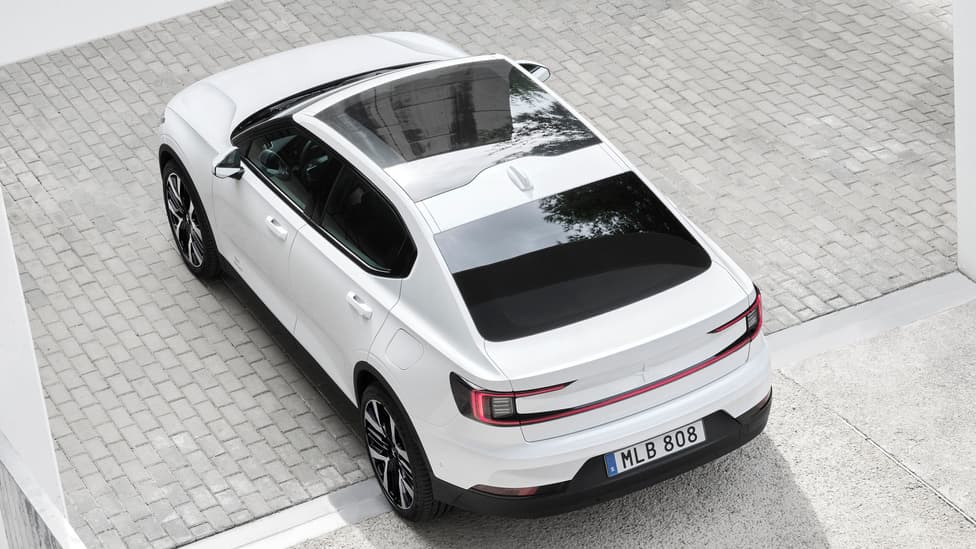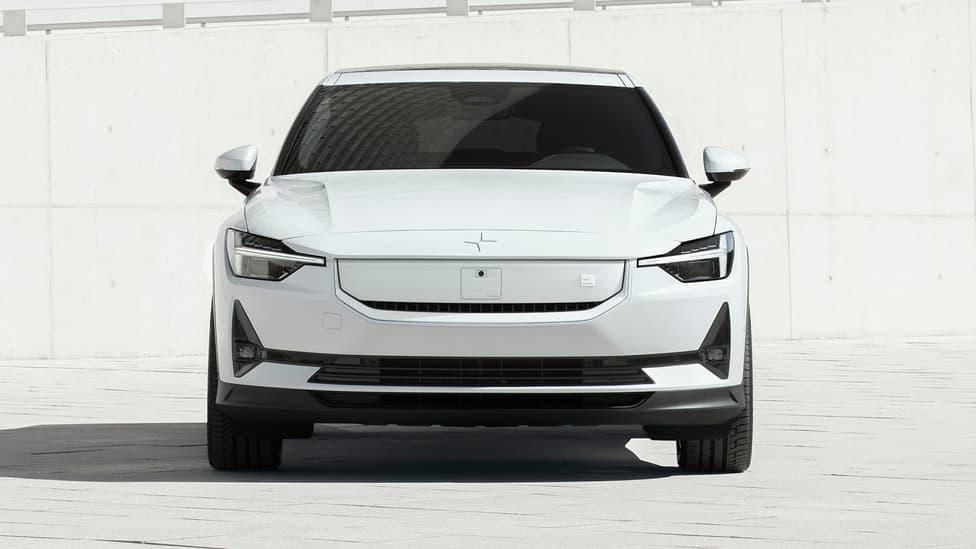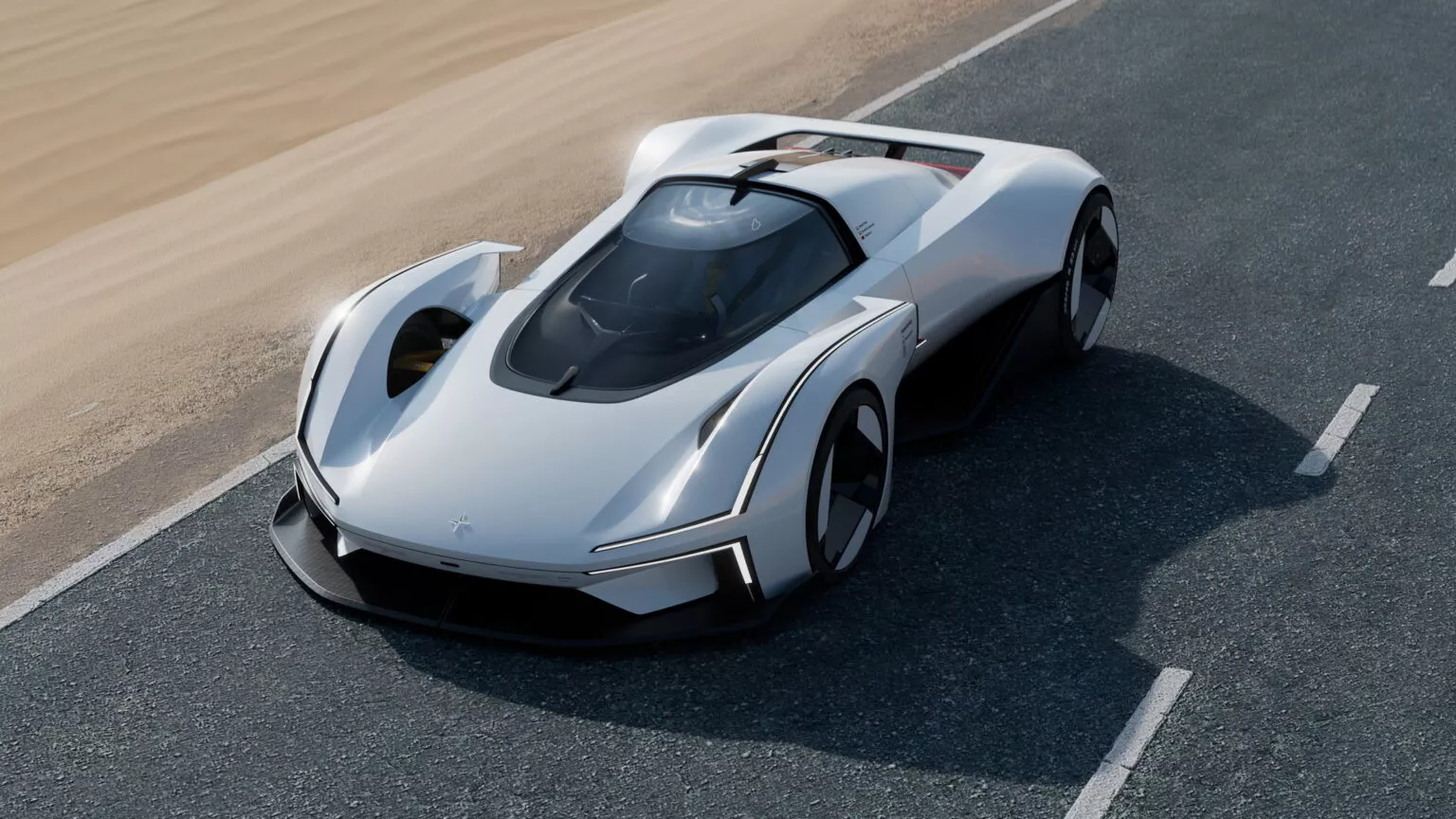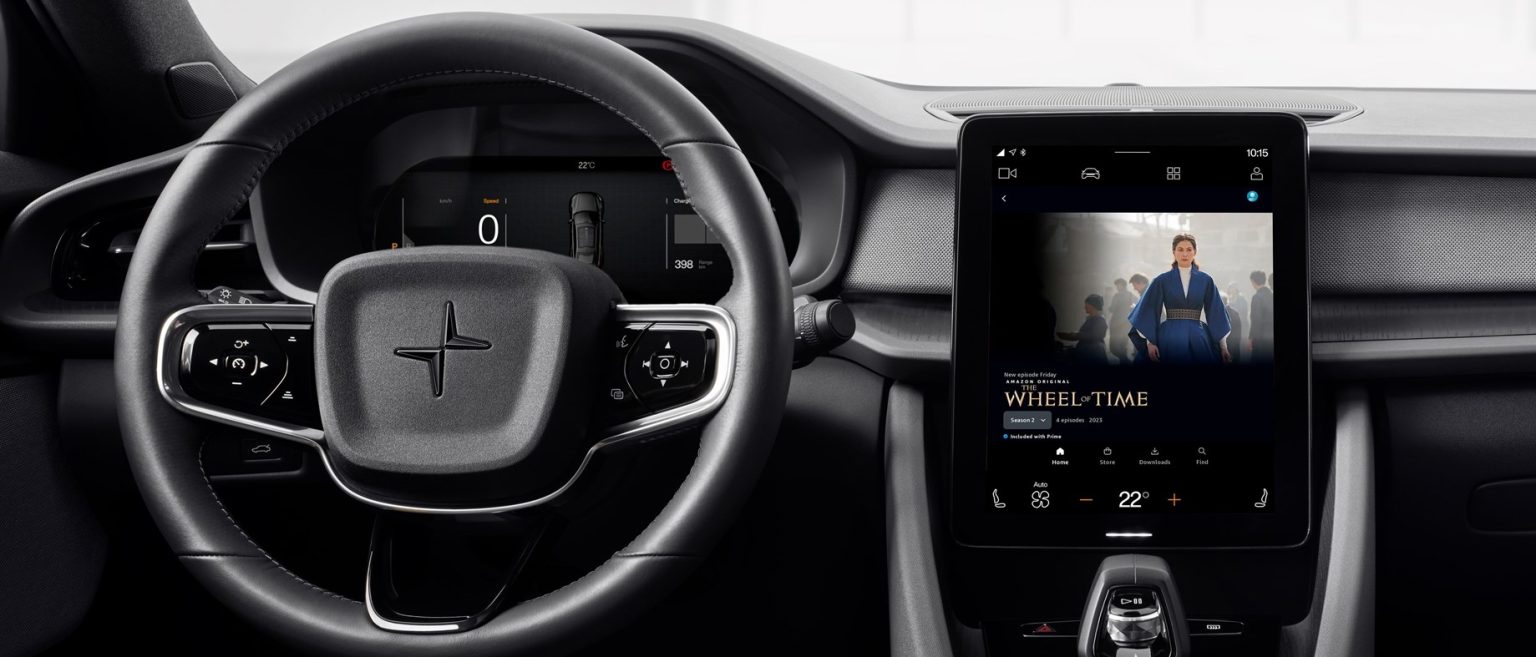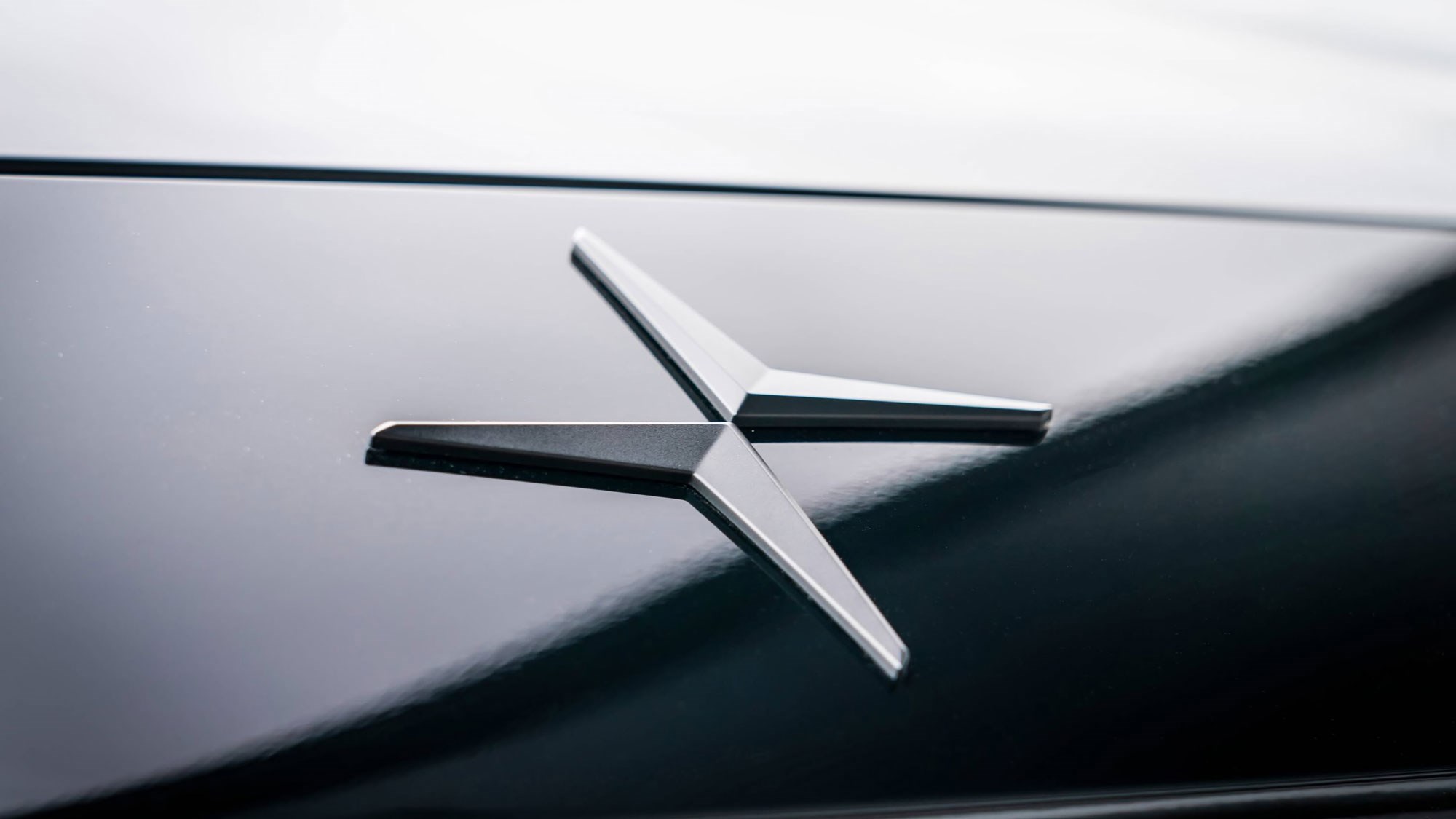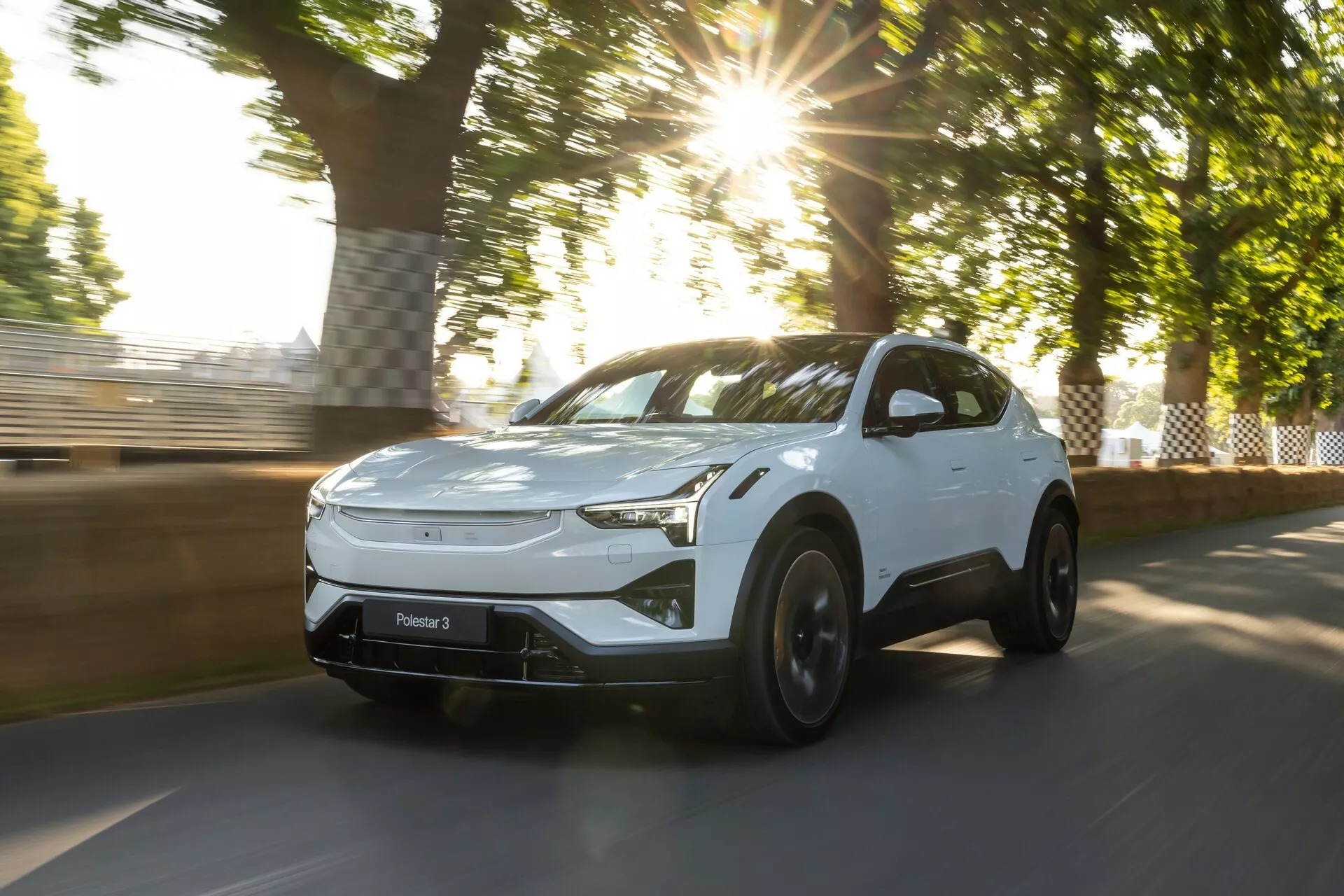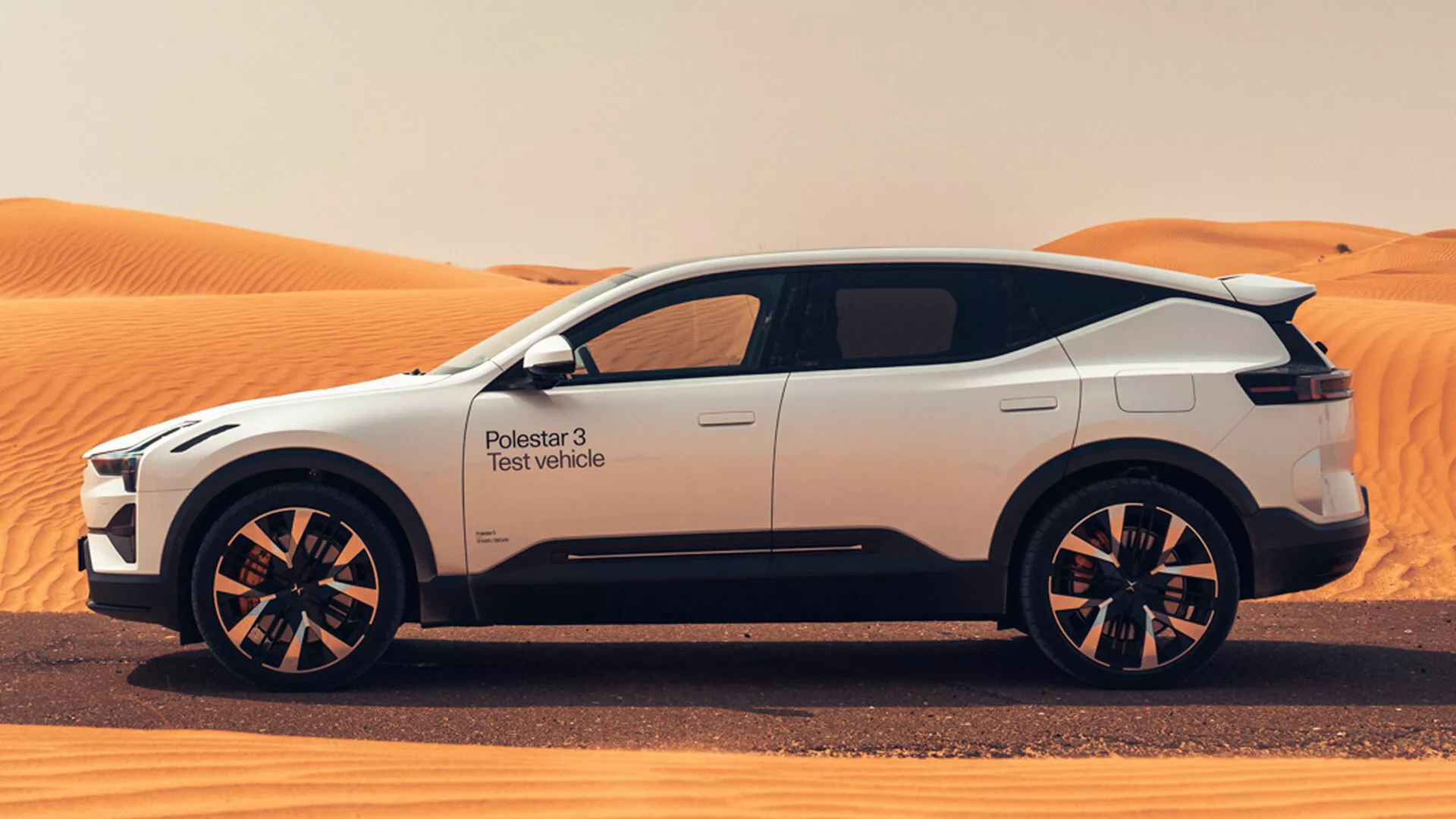Swedish electric vehicle (EV) manufacturer, Polestar, has shown signs of recovery in its second-quarter financial results, with its operating loss significantly reducing as the global auto industry gradually overcomes pandemic-induced supply chain challenges.
The company, a joint venture between China’s Geely and Volvo Cars, revealed on Thursday a narrowed operating loss of $274.4 million for the second quarter, marking a notable improvement from the $627.3 million loss reported during the same period the previous year. Concurrently, Polestar’s revenue demonstrated positive growth, climbing to $685.2 million from $589.1 million in the year-ago quarter.
Polestar successfully delivered a total of 15,765 vehicles in the second quarter, reinforcing its commitment to achieving its projected target of delivering between 60,000 and 70,000 vehicles by the end of 2023. This forecast, while slightly scaled down from its initial goal of 80,000 vehicles, underscores Polestar’s determination to navigate the challenges that have surfaced this year.
Thomas Ingenlath, Polestar CEO, comments: “We achieved record volume growth during the second quarter. Deliveries of our significantly upgraded Polestar 2 are now ramping up. With Polestar 4 expected to start production in November and Polestar 3 in the first quarter of next year, we are entering an exciting phase of higher volumes and value from our expanded model range.”
The EV manufacturer encountered hurdles such as postponed production launches, workforce reductions, and intensifying competition from emerging Chinese contenders. Despite these adversities, Polestar remains resolute in its pursuit of sustainable growth in the electric vehicle sector.
One notable aspect of Polestar’s strategy has been its adherence to premium pricing, setting it apart from its counterparts who have opted for price reductions to stimulate consumer demand amidst elevated interest rates. This strategy has contributed to the company’s revenue growth and its ability to manage losses. Polestar reported a net loss per share of $0.14 for this quarter, compared to the $0.12 recorded during the corresponding period last year.
However, Polestar, along with its industry peers, is still grappling with the challenges posed by escalated raw material prices, which continue to exert pressure on its path to profitability. While the company has made considerable strides, these factors illuminate the broader landscape within which EV manufacturers are navigating.

